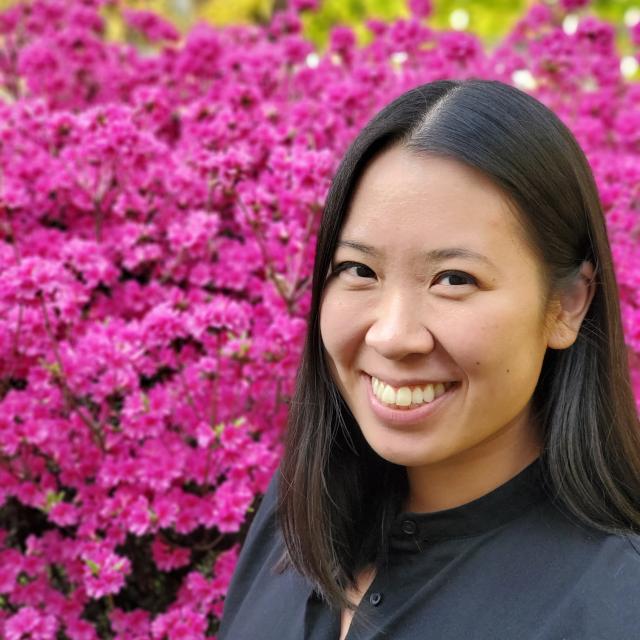I am a cultural and linguistic anthropologist broadly interested in the politics of market-oriented development. Building on over a decade of professional and academic work in Indonesia and other parts of Southeast and East Asia, my current research takes the increasingly codified idea that “The 21st Century is the Asian Century” as an analytical entry point into exploring how political economic speculations like those widely made about Asia’s impending rise come to shape what policy initiatives are pursued and how people—at global, national, and local levels—pursue them. I further pay attention to the social, cultural, and political implications that such processes have on historically marginalized communities to push scholarly and public conversations about who global capitalism serves and at whose expense.
I explore these questions in my current book project, which focuses on Indonesia’s efforts to fulfill its said “potential” to become a top five economy in the world over the next few decades. Within this context, I look at how the preparation of “skilled” youth labor has become the national priority. Through tracing the everyday practices of national policymakers, district education planners, community educators, and individual households (including both the youth being trained to become new kinds of workers and the families that support them), my book centrally shows how speculative practices of various kinds drive efforts of education, labor, and economic development in an “emerging” economic context. The book ultimately draws attention to the wide-ranging effects that these speculative development efforts have on the lives of young Indonesians today and the society writ large.
My work has been supported by the Wenner-Gren Foundation, the National Academy of Education and Spencer Foundation, the Fulbright-Hays Program, and the American Institute for Indonesian Studies, among others.


